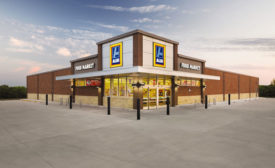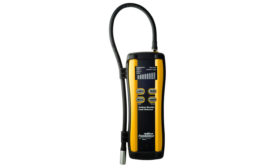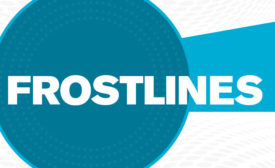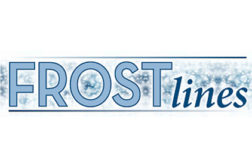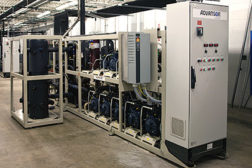Home » CO2 refrigeration
Articles Tagged with ''CO2 refrigeration''
Market to post CAGR of close to 7% during the forecast period
Read More
Alaska Aces Hockey Team’s ‘Green’ Ice Is a Winner
Sullivan Arena is second rink in the nation to use a CO2-based refrigeration system to generate its ice
January 18, 2016
ALDI Stores Earn Platinum Greenchill Certification with CO2 Refrigeration
The stores installed Advansor CO2 Booster Systems from Hillphoenix
January 6, 2016
Hand-Held Carbon Dioxide Leak Detector
SCL2 features three sensitivity levels and rechargeable battery
October 5, 2015
Natural Refrigerants Market Worth $1.4 Billion by 2020
Europe is the largest market for natural refrigerants
September 25, 2015
Model Supermarket to be Part of New Innovation Center Built by Emerson
It is one of five research areas under development at The Helix
September 4, 2015
Webinar Explores Servicing CO2 Refrigeration Systems
Part of the ‘Making Sense’ series from Emerson Climate Technologies
June 29, 2015
Transcritical Carbon Dioxide Performs Well in Supermarket Pilot
Valuable Lessons Learned in 13-Month Project
March 30, 2015
March 30, 2015: First CO2 Ice Rink in US Saves Energy, Reduces Environmental Impact
Hillphoenix Installs Ice Rink’s CO2 Refrigeration System
March 30, 2015
CO2 Refrigerant Use Sweeping into the US
More Supermarkets Utilizing Natural Refrigerant Systems
Read More
Copyright ©2024. All Rights Reserved BNP Media.
Design, CMS, Hosting & Web Development :: ePublishing
